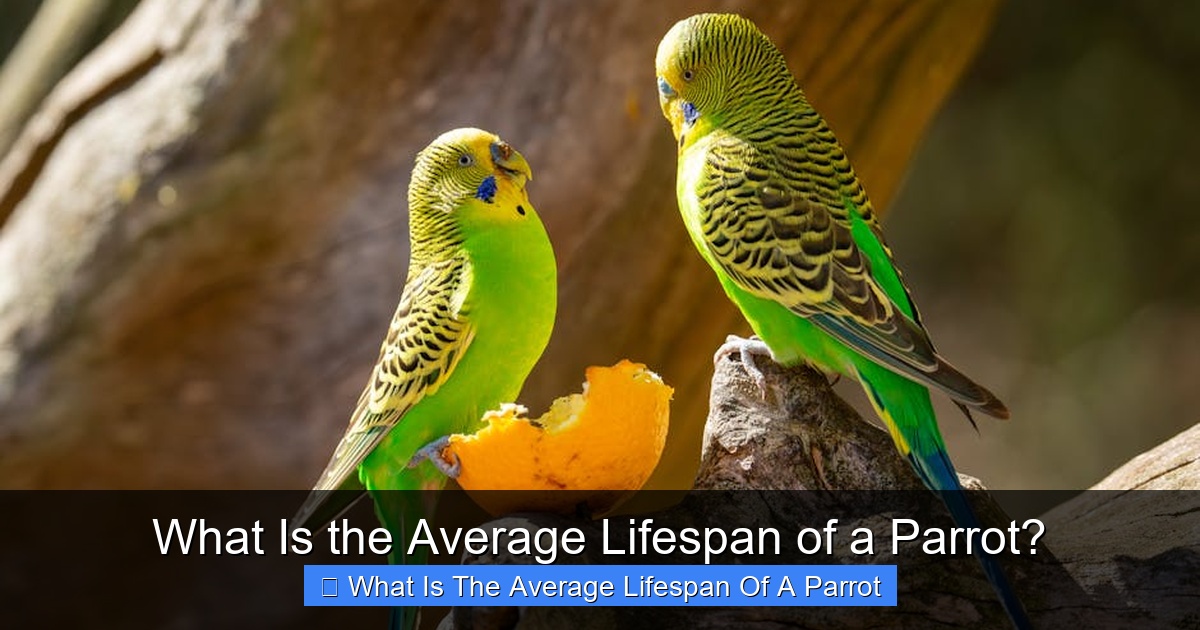
Featured image for this comprehensive guide about what is the average lifespan of a parrot
This is a comprehensive guide about what is the average lifespan of a parrot.
Frequently Asked Questions
What is what is the average lifespan of a parrot?
what is the average lifespan of a parrot is an important topic with many practical applications and benefits.
How can what is the average lifespan of a parrot help me?
Understanding what is the average lifespan of a parrot can improve your knowledge and provide practical solutions.
